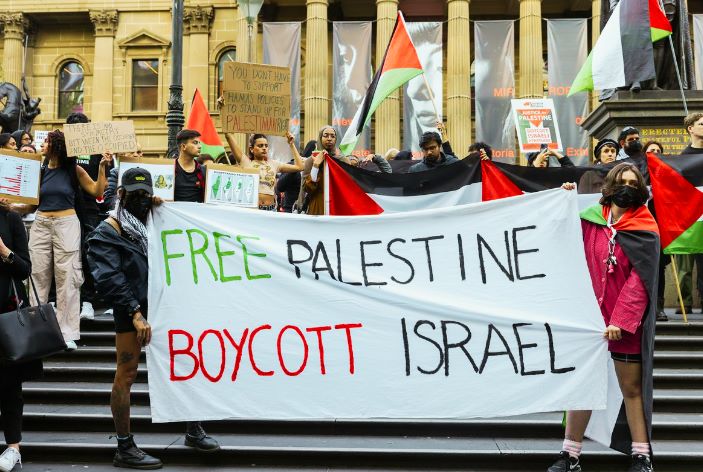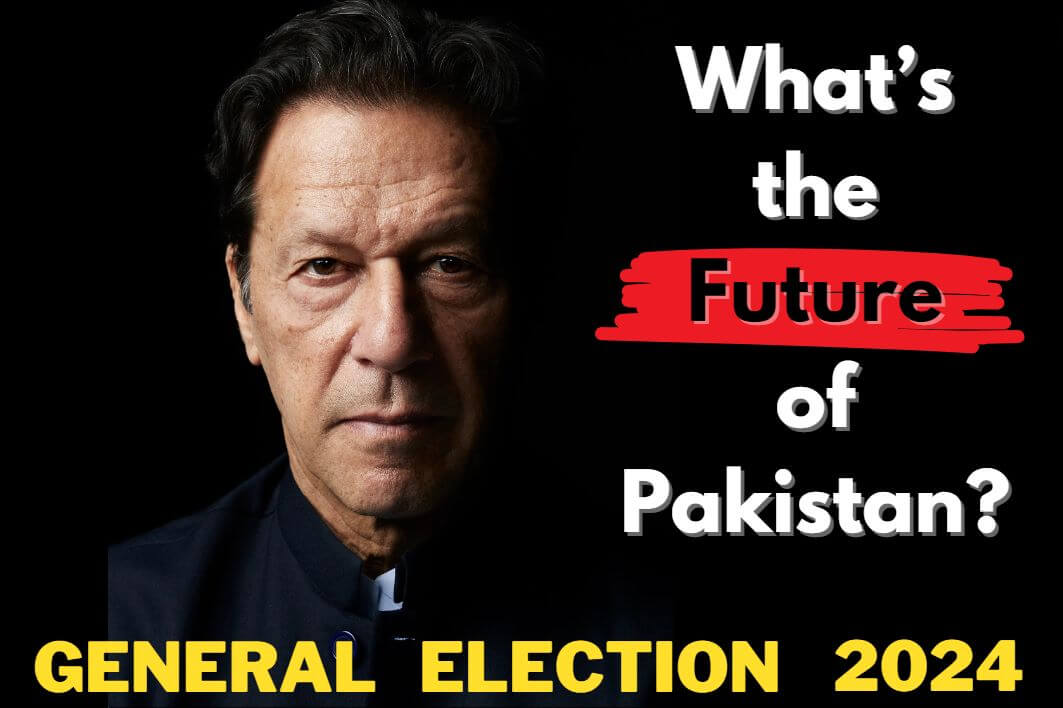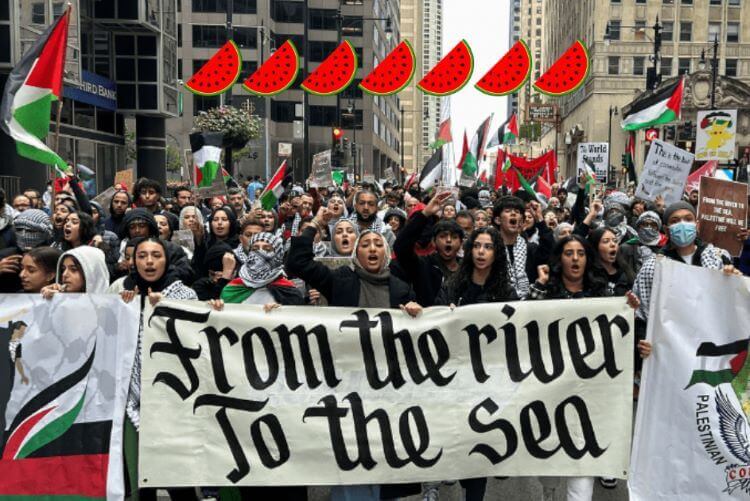
Does Boycotting Israeli Products Make Any Impact?
In the midst of the ongoing Israel-Palestine conflict, there has been a surge in the boycotting of Israeli companies and products, particularly from Lebanon, Saudi Arabia, Morocco, Turkey, Jordan, Malaysia, and Pakistan. This global movement is to show solidarity and support with the Palestinian people who are the victims of the barbaric treatment of Israel and their ceasefire on Gaza.
The treatment of Palestinians has led to human rights abuses and a deterioration of Palestinian economic development. As a response, individuals, organizations, and even some governments have chosen to leverage economic pressure by boycotting Israeli goods as a form of nonviolent protest.
However, the decision to boycott Israeli companies amidst the Israel-Palestine conflict has placed many individuals in a moral and ethical dilemma. While some enthusiastically support the boycott to stand against perceived injustices, others find themselves caught in the crossfire of complex debates surrounding the BDS(Boycott, Disinvest, Sanctions). Advocates of such boycotts often argue that they can exert economic and political pressure to encourage changes in Israeli policies in relation to the Israeli-Palestinian conflict.
On the other hand, opponents of these boycotts argue that they are counterproductive and can harm innocent individuals by affecting jobs and economic stability. And then, there are so many people looking for the answer of “Does boycotting Israeli companies really make any impact”? Let’s gather the facts together
List of Companies That Support Israel and Why are They Boycotted?
As the wave of consumer boycotts has swept across various countries, McDonald’s and Starbucks find themselves at the forefront of the controversy. McDonald’s faced backlash when an Israeli franchise announced providing free meals to the Israel Defense Forces, prompting protests in countries around the world.
Similarly, Starbucks encountered boycott calls after it sued its labor union over a social media post expressing solidarity with Palestine, leading to customer protests in the UK and several Middle Eastern nations. The impact of the conflict has transcended borders, with American companies like KFC, Pizza Hut, Burger King, Coca-Cola, Pepsi, Wix, and Puma facing scrutiny due to their perceived ties to the Israeli government and provision of American aid in supporting the genocide of Palestinians.
With that, protests for boycotting Israeli companies and products have taken a variety of forms across different countries, reflecting the global outrage over the Israel-Palestine conflict. From Lebanon to Saudi Arabia and from Turkey to the UK, individuals and groups have engaged in demonstrations, social media campaigns, and economic boycotts, urging companies to sever ties with Israel. The Boycott, Divestment, and Sanctions (BDS) movement has gained momentum as people demand a collective stance and ceasefire against what they perceive as Israel’s disproportionate actions.
What is The BDS Movement Against Israel?
The Boycott, Divestment, and Sanctions (BDS) movement against Israel is a global nonviolent protest initiative aimed at using economic and cultural boycotts, financial divestment, and government sanctions to influence Israel’s policies toward Palestinians. Established in 2005 by a coalition of Palestinian civil society groups, BDS seeks to reshape Western support for the Israeli government and focuses on Palestinian rights.
Key demands of the movement include ending Israel’s occupation of Palestine, specifically Jerusalem and Gaza, and granting full rights to Palestinian citizens. BDS ranges from individual actions like boycotting specific goods to global efforts, urging governments to impose sanctions and embargoes on Israel.
Has this Movement Been Effective?
Notable successes of BDS include convincing companies like Ben & Jerry’s and French telecom company Orange to cease operations in occupied territories. The movement also pressures companies and investors to divest from Israeli businesses and has resulted in successful efforts in Luxembourg, New Zealand, and Norway in the past. The call for sanctions includes embargoes on weapons, military aid, and a cessation of trade and diplomacy with Israel.
As per global policy reports, movements like BDS can even lead to loss of around $15 billion in Israeli GDP, and there are reports by Bloomberg reporting a 60% investment drop in Israel in early 2024.
Boycott Campaign Against Pro-Israel Companies: Is Boycotting Israeli Products Effective?
This boycotting campaign against companies perceived as supporting Israel has reverberated across the world, sparking significant economic and social consequences. The influence of boycotting Israeli products extends beyond individual choices, with calls for Arab countries to sever ties with Israel.
In response to solidarity with Palestinians, Turkey and Jordan have recalled ambassadors, while South Africa, Colombia, Chile, and Bolivia have severed diplomatic relations with Israel. Moreover, In Bahrain, the House of Representatives announced a “cessation” of economic relations with Israel, underscoring the depth of the boycott’s impact. Municipalities in Turkey have further strengthened the movement by refraining from selling products associated with the Israeli occupation in social facilities.
As already pointed out, companies that openly support Israel or have affiliations perceived have faced tangible consequences. McDonald’s became a prime target of boycott, which has significantly affected the company’s sales across the Arab world. In Indonesia, Pakistan, Malaysia, Jordan, and Turkey, McDonald’s and other Israeli/American brands experienced a decline in business after their direct or indirect support to the Israeli military. McDonald’s in different countries also tries to persuade people that Israel McDonald’s support was not a mutual chain decision.
Moreover, the boycott movement has led to the closure of businesses that express pro-Israel sentiments. In Qatar, the American café Pura Vida Miami and the French pastry shop Maitre Choux closed their doors after facing backlash for publishing pro-Israel content on social media. The ripple effect is evident in various sectors, such as the carbonated drinks company Spiro Spathis in Egypt, which gained popularity as an alternative to Pepsi and Coca-Cola following calls for a boycott.
Final Thoughts
In conclusion, the extent of economic and political pressure exerted by boycotting and its efficacy in easing the lives of Palestinians still remains unclear. While the impact on Israel’s present-day GDP might be limited, the boycott carries a symbolic weight, emphasizing that consumer choices can influence corporate and governmental policies. The boycott is not solely about economic consequences but is viewed as a moral stance, as individuals strive to ensure that their financial contributions do not accidentally support actions that may lead to the suffering of innocent Palestinians.




